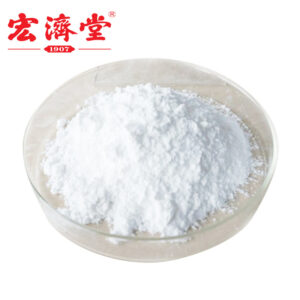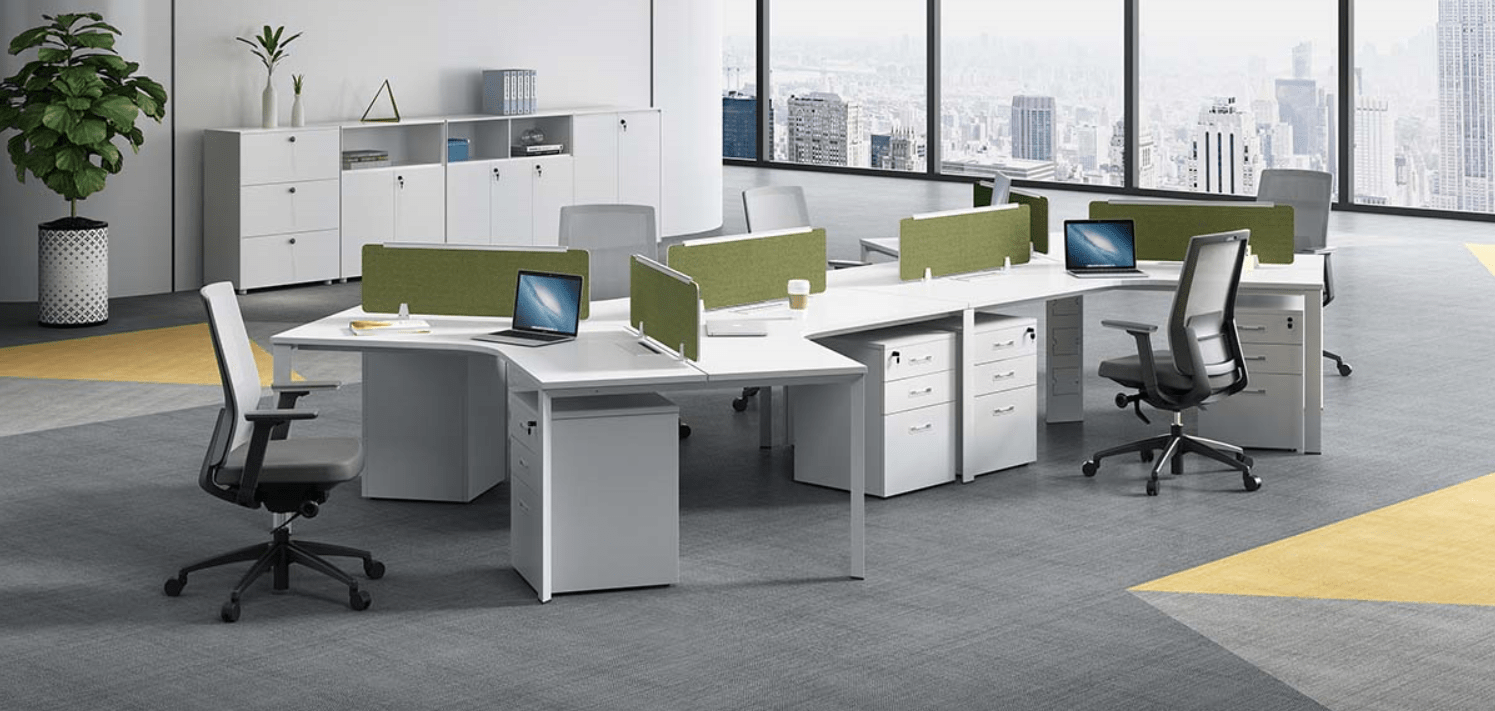Montmorillonite processing contributes to the overall competitiveness of industries reliant on its products in several ways:
- Enhanced Product Performance: Montmorillonite-based products often offer superior performance characteristics compared to alternatives. For example, montmorillonite clays are known for their high swelling capacity, cation exchange capacity, and adsorption properties, making them valuable additives in various industrial applications such as drilling fluids, cat litter, and environmental remediation. By incorporating montmorillonite-based products into their formulations, industries can enhance the performance, functionality, and quality of their end products, giving them a competitive edge in the market.
- Cost Efficiency: Montmorillonite processing can help industries achieve cost efficiencies by providing cost-effective raw materials or additives for their manufacturing processes. Montmorillonite clays are abundant and relatively inexpensive compared to some synthetic alternatives, making them an attractive choice for industries seeking to reduce production costs without compromising product quality or performance. By leveraging cost-effective montmorillonite-based solutions, industries can improve their profit margins and competitiveness in price-sensitive markets.
- Product Differentiation: Montmorillonite-based products offer unique properties and functionalities that can differentiate them from competitors’ offerings. Industries can leverage these unique characteristics to develop innovative products with distinct features, benefits, and value propositions that appeal to target customers. Whether it’s a specialized drilling fluid formulation, a high-performance soil amendment, or an eco-friendly personal care product, montmorillonite-based solutions can help industries stand out in crowded markets and attract discerning consumers seeking superior quality and performance.
- Environmental Sustainability: Montmorillonite processing can contribute to the overall sustainability and eco-friendliness of industries reliant on its products. Montmorillonite clays are naturally occurring minerals that are non-toxic, biodegradable, and environmentally benign, making them a preferred choice for industries seeking sustainable alternatives to synthetic or chemical-based materials. By incorporating montmorillonite-based products into their operations,China Montmorillonite suppliers industries can reduce their environmental footprint, minimize waste generation, and promote sustainable practices, thereby enhancing their reputation and competitiveness in the eyes of environmentally conscious consumers and stakeholders.
- Regulatory Compliance: Montmorillonite-based products often meet stringent regulatory requirements and standards for safety, health, and environmental protection. Industries can rely on montmorillonite processing to provide compliant raw materials or additives that meet regulatory specifications and ensure product safety and performance. By adhering to regulatory requirements and industry standards, industries can mitigate compliance risks, avoid costly penalties or recalls, and maintain their competitive position in regulated markets.
Overall, montmorillonite processing contributes to the overall competitiveness of industries reliant on its products by enhancing product performance, achieving cost efficiencies, enabling product differentiation, promoting environmental sustainability, and ensuring regulatory compliance. By leveraging montmorillonite-based solutions in their operations, industries can gain a competitive edge in terms of product quality, innovation, sustainability, and regulatory compliance, positioning themselves for success in dynamic and competitive markets.

